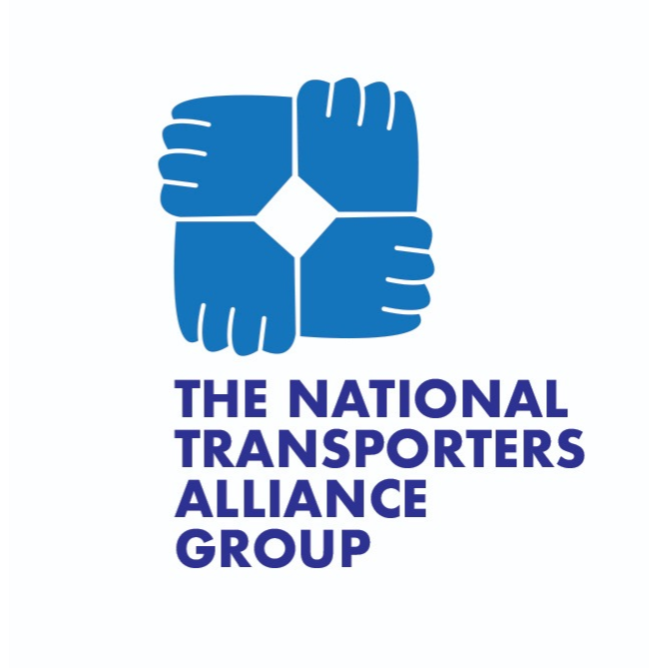Logistics & Transportation
Jam-Dex: Jamaica’s CBDC to Transform the Transportation Sector

Businessuite News24
Businessuite Special Report P4 | Homegrown Disruption: InterMetroONE & Walkbout.com Position Jamaica’s Answer to Uber–Airbnb
Now is the time for SMEs, associations, and government to align—ensuring that if Uber and Airbnb ever arrive together, Jamaica’s own ecosystem remains vibrant and in control.
Businessuite News24
Businessuite Special Report P3 | Uber x Airbnb: A Strategic Alliance That Could Redefine Jamaica’s Travel Industry – But At What Cost?
The future of Jamaican tourism lies in its ability to integrate into global digital ecosystems without sacrificing local livelihoods. The time for public–private dialogue is now.
Businessuite News24
Businessuite Special Report P2 | Disruption in Jamaica: Uber & Airbnb Business Models
Business Insights
Businessuite Special Report P1 | When Titans Unite: How an Uber–Airbnb Alliance Could Redefine Travel in Jamaica and Beyond
“When Uber and Airbnb join forces, travel transforms. But will it uplift local economies or leave them stranded on the roadside of progress?”
Businessuite News24
India’s 10-Minute Delivery Boom: A Blueprint for Disruption—and a Wake-Up Call for Caribbean Courier Companies
While the Caribbean market differs significantly in terms of geography, population density, and infrastructure, India’s 10-minute delivery trend signals a major shift in consumer expectations and service standards that cannot be ignored. Caribbean courier and logistics companies must take this as a call to evolve or risk irrelevance.
-

 Businessuite Women1 week ago
Businessuite Women1 week agoData Mavericks of the Caribbean: Raquel Seville & Dataffluent’s Visionary Rise
-

 Businessuite News243 weeks ago
Businessuite News243 weeks agoIndia’s 10-Minute Delivery Boom: A Blueprint for Disruption—and a Wake-Up Call for Caribbean Courier Companies
-

 Businessuite News242 weeks ago
Businessuite News242 weeks agoBusinessuite Special Report P4 | Homegrown Disruption: InterMetroONE & Walkbout.com Position Jamaica’s Answer to Uber–Airbnb
-

 Businessuite News24 International3 weeks ago
Businessuite News24 International3 weeks agoIndia’s 10-Minute Delivery Boom: Reshaping Retail, Logistics, and Urban Spaces
-

 Corporate Feature3 weeks ago
Corporate Feature3 weeks agoNot Just Vanity Metrics: A Digital Leader Focused on What Matters
-

 Businessuite Markets2 weeks ago
Businessuite Markets2 weeks agoEduFocal Faces Equity Deficit of $135M Amid $314M in Accumulated Losses
-

 Business Insights1 week ago
Business Insights1 week agoBusinessuite Cover Story: Too Much Power? Governance Risks Rise as Tyrone Wilson Consolidates Leadership at Kintyre and Visual Vibe
-

 Businessuite Women3 weeks ago
Businessuite Women3 weeks agoDorothea Gordon-Smith Marks 50 Years of Quiet Power in Waste Management


 Jamaica’s central bank digital currency, Jam-Dex, is set to revolutionize how people pay for public transportation in the island nation. Local bus and taxi operators are eager to integrate Jam-Dex into their operations, as it offers convenience, security, and cost-efficiency.
Jamaica’s central bank digital currency, Jam-Dex, is set to revolutionize how people pay for public transportation in the island nation. Local bus and taxi operators are eager to integrate Jam-Dex into their operations, as it offers convenience, security, and cost-efficiency. Despite the potential benefits of Jam-Dex, its adoption rate among vendors and consumers has been sluggish, causing some hesitation among bus and taxi drivers.
Despite the potential benefits of Jam-Dex, its adoption rate among vendors and consumers has been sluggish, causing some hesitation among bus and taxi drivers.



















